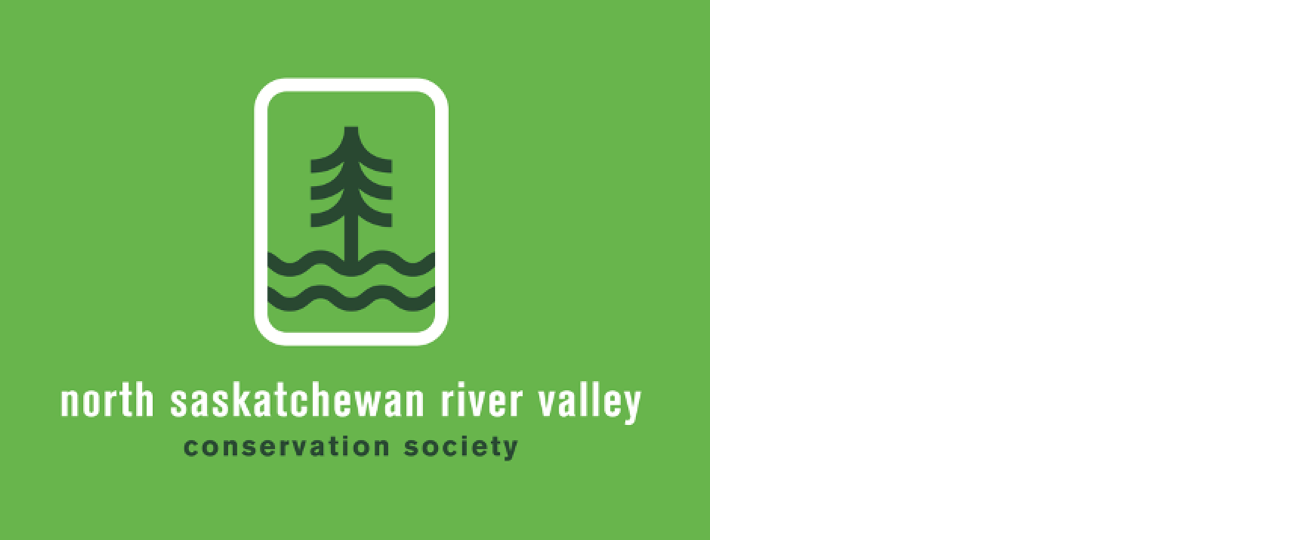If you can’t travel widely, travel deeply
People aren’t travelling much these days. What if the pandemic leaves in its wake a world of overbearing government surveillance, and the political and economic woes mean travel is out of reach for all but the wealthiest or most powerful few?
How do we fully inhabit a particular place, in my case, this northern city, hunched frozen for half the year, consuming outsize amounts of energy to keep the lines open, the water and power flowing?
If our scope of movement narrows, we could go deeper. For one thing, we can walk the river valley. Thanks to the years-long efforts of the River Valley Alliance, there is a network of trails threading the valley from Devon to Fort Saskatchewan. And for the past three years, a group of friends has walked this path together as the Camino Edmonton, named for Spain’s famous pilgrim’s trail, Camino de Santiago.
Read more of Anna Marie Sewell’s meditation at https://www.ualberta.ca/newtrail/ideas/what-if-here-is-all-we-have.html
Rain leads to more landslides, erosion in river valley
"Significant rainfall in 2019 and 2020 has contributed to a greater number of new landslide hazards and trail erosion throughout Edmonton," said city spokesperson Debi Winwood. Several high-water events in the North Saskatchewan River also damaged trails, she added.
According to the city's river valley trail cautions and closures map as of Friday afternoon, there were 29 sections of trail that are under construction, permanently or temporarily closed, or where caution is advised.
Some trails have reopening dates on the horizon; the paved path behind Old Timers Cabin is scheduled to reopen at the end of the summer and re-routing work in Tiger Goldstick Park has an end date of December. Others are listed as temporary closures but have no end date. Trails with more severe damage could be closed for months, if not longer.
Despite this year's environmental obstacles, there is good news for trail users Winwood says the city is working to improve its trail system by repairing and maintaining its existing river valley paths. The city is also adding stairways and other trail connections to make the river valley more accessible. Learn more at https://www.cbc.ca/news/canada/edmonton/rain-leads-more-landslides-erosion-edmonton-river-valley-1.5729085
Epcor proposal threatens 99 acres of river valley parkland
City Council at a Public Hearing on October 6 will decide on a proposal by Epcor to rezone 99 acres of river valley land to allow for the construction of a solar power facility. Our society supports the growth of renewable green energy, but not in Edmonton’s Ribbon of Green.
The City Plan which was just adopted by Edmonton City Council on September 14, states “Our growth should drive climate resilience ahead and strengthen our natural systems. As a livable city, development and sustainability must be allies, not competitors. To lighten our collective footprint, Greener As We Grow is a commitment to use growth as a catalyst for good design and conscientious decisions.
Greener As We Grow puts Edmontonians at the forefront of two important trends for our region—continuing to develop a healthy city while also paying attention to what will surely be one of the great challenges of our future: protecting and enhancing our land, air, water and biodiversity.”
A key cornerstone of Edmonton’s biodiversity is our River Valley and its ravines, which for almost 100 years have conscientiously been deindustrialized, assembled as a park, and become a critical wildlife corridor and natural areas biodiversity zone. Former gravel pits, garbage dumps and industrial sites like coal mines have been closed.
Renewable green energy can be extremely harmful if it is in an inappropriate location. We believe Epcor’s proposed solar facility is in the wrong place, is a reindustrialization of the river valley and will have a negative impact on flora and fauna. Edmonton has one river valley. This location is not essential for a solar power plant and neither present Edmontonians nor future generations can afford the permanent loss of 99 acres of park land.
If you also are concerned, send your comments to City Council at council@edmonton.ca or 311@edmonton.ca
Conservation lands and climate change
Mitigating the effects of climate change may seem like an insurmountable goal and the solutions seem beyond humankind’s ability to overcome. Though there are many pieces to solving this puzzle, one effective strategy we have is to conserve intact natural areas. Protected areas like Edmonton’s river valley play an important role in mitigating the effects of climate change.
Protecting our local natural areas ensures that our grasslands, forests, and wetlands maintain their ecosystem functions and continue to provide ecosystem services that we rely on. Rising temperatures and drier conditions increase the frequency and severity of disastrous weather events like floods, droughts, wildfires, and severe storms. Our regional ecosystems help protect against severe weather events such as floods and droughts by holding and releasing moisture.
Natural areas contain forests, native grasslands and wetlands that help absorb and store carbon, known as carbon sequestration, which removes carbon dioxide from Earth’s atmosphere. An interconnected network of diverse protected conservation lands maintains biodiversity, provides a refuge for wildlife, and supports long-term ecological resiliency.
Natural spaces also provide opportunities for people to experience the mental and physical health benefits of spending time in nature. Experiencing nature with one another and within our community allows us to maintain collective hope and resiliency in mitigating and adapting to climate change and take local action. Learn more at https://www.ealt.ca/blog/conservation-lands-and-climate-change
Newsletter sign up and contributions
Know someone who would enjoy receiving this weekly newsletter? You can sign up for this newsletter at https://www.edmontonrivervalley.org/
If you have a photo, news, an event, volunteer or employment opportunity involving Edmonton’s river valley and would like to see it in this newsletter, please email the material to nsrivervalley@gmail.com
Sincerely yours,
Harvey Voogd
North Saskatchewan River Valley Conservation Society
780.691.1712
nsrivervalley@gmail.com
https://www.facebook.com/NSRVCS/
http://www.edmontonrivervalley.





